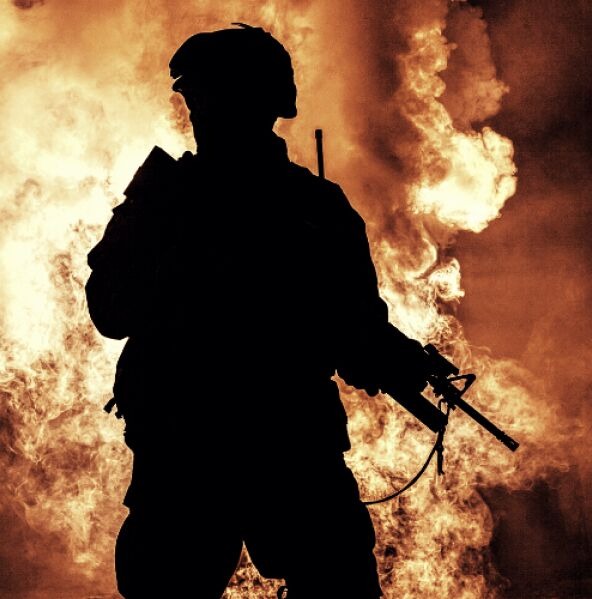A Complete Guide To UCMJ Punitive Articles: Ensuring Discipline And Accountability In The Military
The Uniform Code of Military Justice (UCMJ) forms the backbone of military law in the United States, outlining the rules, responsibilities, and consequences that govern service members. Among its most important components are the UCMJ punitive articles, which define specific criminal offenses and prescribe punishments to maintain discipline and order within the Armed Forces. These articles ensure that every service member upholds the highest standards of conduct, integrity, and professionalism. In this blog, we will explore the purpose, scope, and importance of UCMJ punitive articles, along with examples of key offenses and their impact on military justice.
What Are UCMJ Punitive Articles?
The UCMJ punitive articles are a series of laws listed under Articles 77 through 134 of the Uniform Code of Military Justice. These articles identify criminal offenses that apply specifically to military members, ranging from minor misconduct to severe crimes such as assault, fraud, desertion, and mutiny. Each article not only outlines what constitutes an offense but also details the potential penalties for violating it.
These punitive articles serve as a comprehensive legal guide to ensure accountability and enforce discipline across all branches of the U.S. military.
Purpose of UCMJ Punitive Articles
The core purpose of the UCMJ punitive articles is to:

- Maintain discipline and order within the ranks
- Protect service members and the military mission
- Ensure fairness and justice through clear legal standards
- Promote integrity, responsibility, and good conduct
By establishing strict guidelines for conduct, these articles help create a safe and effective working environment for military personnel.
Examples of Key UCMJ Punitive Articles
The UCMJ punitive articles cover a wide range of offenses. Some of the most notable include:
- Article 86 – Absence Without Leave (AWOL)
This article applies when a service member fails to report for duty, leaves their post, or remains absent without authorization. - Article 91 – Insubordination
Article 91 addresses disrespect, assault, or willful disobedience toward warrant officers, noncommissioned officers, or petty officers. - Article 92 – Failure to Obey Orders or Regulations
One of the most commonly cited articles, it covers the failure to follow lawful orders or general regulations. - Article 121 – Larceny and Wrongful Appropriation
This article deals with theft or the unauthorized use of another person's property. - Article 128 – Assault
Article 128 outlines various forms of assault, including aggravated assault, within the military. - Article 134 – General Article
Known as the "catch-all" provision, Article 134 deals with conduct that brings discredit to the armed forces or disrupts good order and discipline.
These are just a few examples; the UCMJ punitive articles collectively represent a robust legal framework covering nearly every possible form of misconduct.
Consequences of Violating UCMJ Punitive Articles
The severity of punishment depends on the offense but may include:
- Reduction in rank
- Forfeiture of pay and allowances
- Confinement
- Dishonorable or bad conduct discharge
- Extended imprisonment in serious cases
These consequences underline the seriousness of maintaining ethical and professional behavior within the military.
Why UCMJ Punitive Articles Matter
The UCMJ punitive articles play a crucial role in preserving the structure and discipline necessary for military effectiveness. Without clear rules and enforceable consequences, the chain of command and operational readiness would be at risk. These articles ensure that service members understand their responsibilities and the importance of adhering to military standards.
Conclusion
The UCMJ punitive articles are essential to maintaining fairness, accountability, and discipline within the United States Armed Forces. By clearly defining offenses and penalties, they help preserve the integrity of the military justice system and ensure that service members act with honor and responsibility. Understanding these punitive articles is vital for anyone serving in the military or supporting military legal operations.